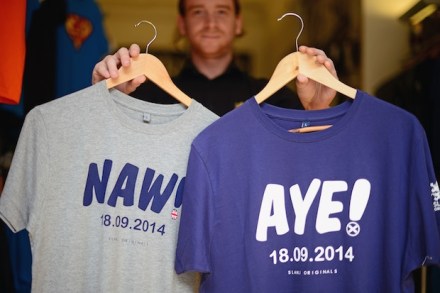Europe’s extremists aren’t really on the right
This week, the European parliament took a strong lurch to the left. That is not quite the story that you may have read elsewhere — with most headlines stating that Europe has taken a lurch to the right — but it is the inevitable conclusion if you analyse the results from Sunday’s election from the perspective of what most people in Britain understand to be the left-right divide. Take any political issue in Britain, from schools to public spending, and the left-wing position is generally taken to mean one of greater state intervention, greater command of the economy by government. The right-wing position is taken to mean one of smaller government, freer





















